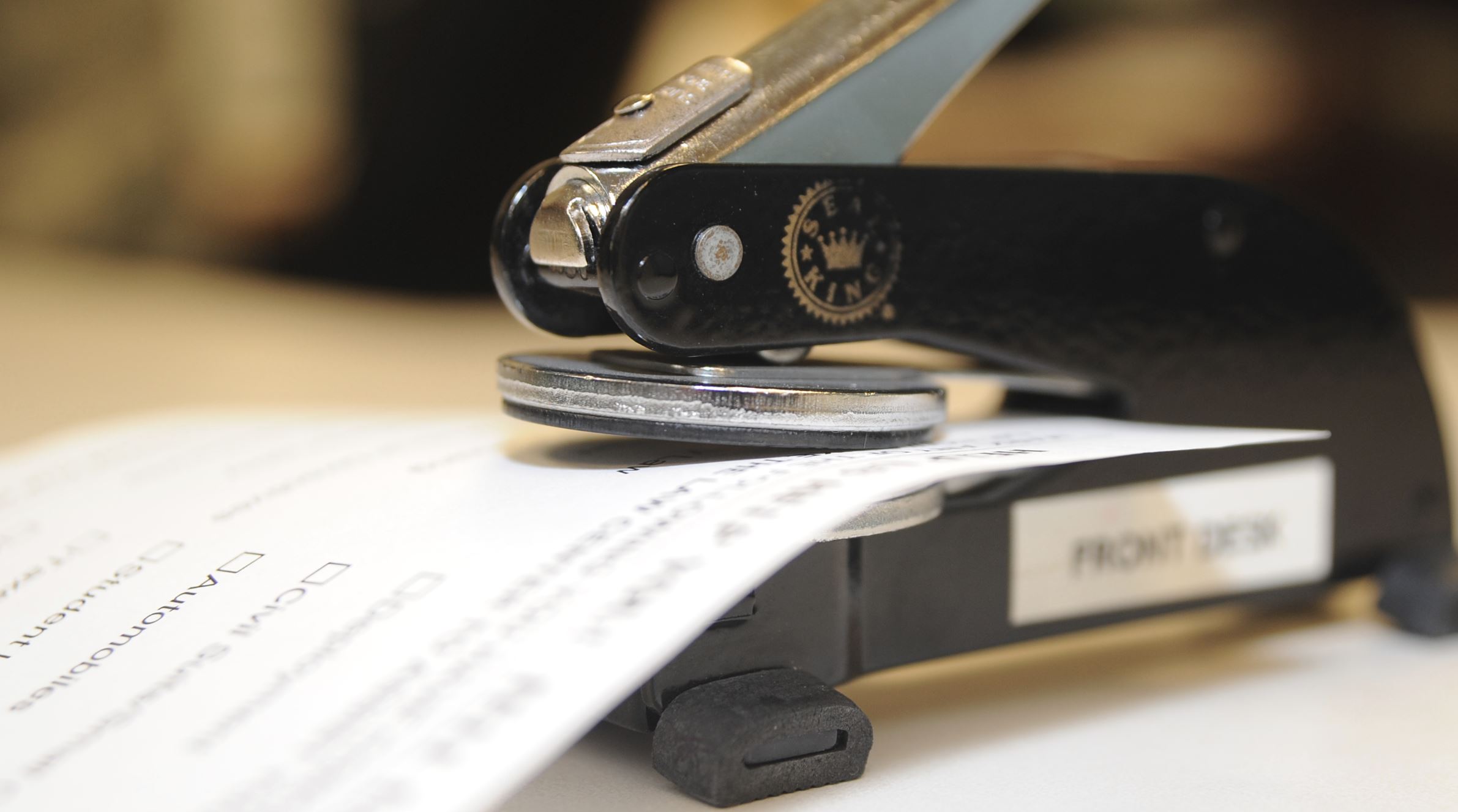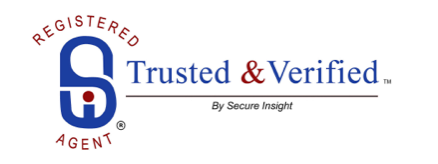by Peter M. Carrozzo, Chief Counsel Cornerstone Land Abstract
There is a revolution going on today in the process of notarizing signatures thanks to the ubiquity of webcams and in the spirit of Facetime. Remote Online Notarization (RON) laws, now passed in eleven states, allow the notarization of signatures without the need for the signor and notary to be in the same room. The risks and costs of using powers of attorney, obtaining apostilles, or going to US Embassies in foreign countries could soon be obsolete.
In December 2017, the Mortgage Bankers Association (MBA) and the American Land Title Association (ALTA) collaborated to create model legislation that provides the framework for states to adopt an online remote notarization process. The model was based on a 2017 Texas statute, the first of its kind to give remote online notarizations the same legal status as in-person notarizations.
The model legislation empowers the secretaries of state to standardize identification procedures, requires notaries to maintain audio-visual recordings of the notarial acts, allows consumers to opt out from closing a loan using remote online notarizations, and allows various technology companies to provide the services, thus preventing a monopoly by any one firm. The model rules spell out the qualifications and application process to become a remote online notary and require registration with the secretaries of state (Secretaries of state are the commissioning authorities that grant authority to notaries to act in most states). Notaries may identify signors based on personal knowledge or a valid government issued ID. All of the states but Montana require notaries to obtain a separate electronic notary commission or register to perform remote notaries.
Remote Online Notarizations open up a number of possibilities that can reduce costs and expedite the execution of documents. If a person lives in a foreign country and needs to sign a deed, there are currently a few options, some more burdensome than others. The easiest way is for the individual to execute a power of attorney before going overseas. However, powers of attorney increase the potential for fraud, since unscrupulous individuals can misuse the authority granted in a power, or simply forge one and use it to commit numerous criminal acts. Sometimes individuals are already overseas and had not thought ahead to give powers of attorney. Alternatively, a person can obtain an apostille (an endorsement authenticating legal documents) in countries that are members of the Hague Convention. Certain countries (notably China, Egypt, Taiwan, and the Philippines) do not allow Apostilles. In those nations, a person must schedule an appointment with the American embassy, which can take several months and considerable travel and time, depending on where the person is with respect to that nation’s capital. Remote Online Notarizations can reduce this process to a day or two and save closings from costly and time-consuming adjournments or litigation in the event of a time of the essence closing.
On February 12, 2019, Utah became the eleventh state to pass legislation that permits remote online notarizations and follow the key principles of the ALTA-MBA model legislation. Utah joined Indiana, Michigan, Minnesota, Montana, Nevada, Ohio, Tennessee, Texas, Vermont and Virginia with laws explicitly allowing the practice. Another 19 states have pending RON bills. As more states enact remote online notarization laws, remote closings could become a nationwide phenomenon.




